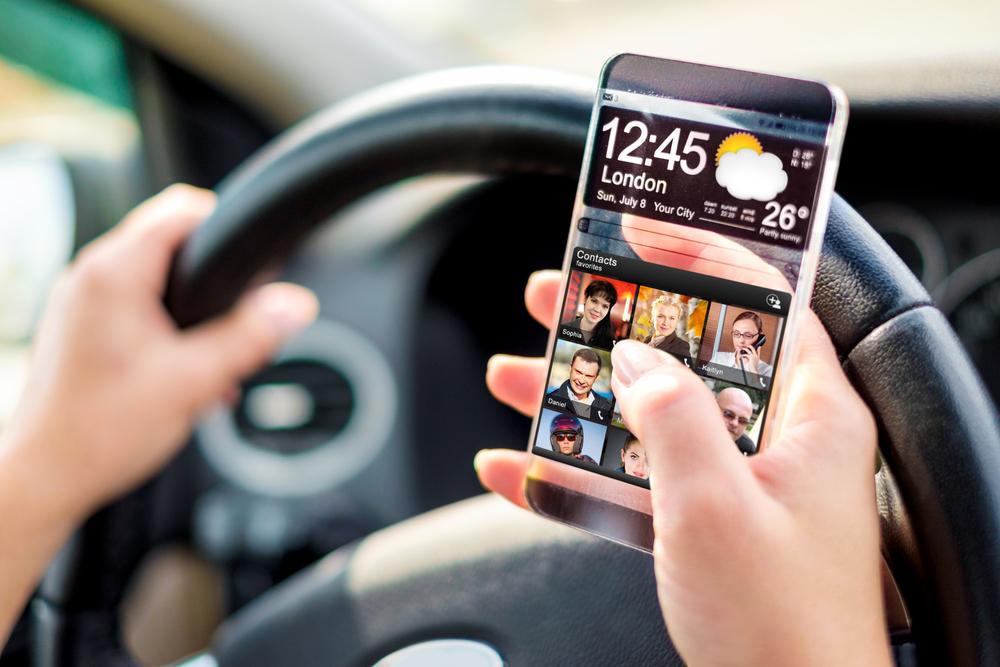As Samsung and Apple release their new gadgets for the fall, a new trend is starting to take shape.
First of all, tablet sales are slowing. According to research firm IDC, global tablet growth dropped to 6.5 percent in 2014, with Europe and North America not growing at all. For Apple, iPad sales actually decreased in the first half of this year and the new models will make little difference.
This was unthinkable just a few years ago as tablets started to replace laptops in many areas. Apple’s iPad was enjoying its first mover advantage.
However, there are a few factors working against tablets, which are actually quite similar to the ones working against laptops.
Phablets Catch Two Birds With One Stone
First, there is a new kid on the block, the phone-tablet or phablet, pioneered by Samsung with the Galaxy Note in 2011 and the first time Samsung truly beat Apple to the punch.
The same way laptops had a lot of their functions copied and replaced by slicker tablets, phablets can do all of what tablets can do, and their screens are just slightly smaller. The Galaxy Note 4 has a 5.7-inch screen; the new iPad mini boasts 7.9 inch.
However, the iPad mini still doesn’t do phone calls and it seems most users are willing to sacrifice the 2.2 inch difference in screen size for an all-in-one solution. IDC said 318 million phablets will be sold in 2015 and only 233 million tablets.
So the same way people flocked from the Blackberry to the iPhone because it combined everything from multimedia to personal digital assistant, users are now dropping the tablet because they get everything in the phablet.
Apple admitted it was late to the game when it practically copied the Note 4 with the iPhone 6 plus and its 5.5-inch screen. Of course, you can’t win them all, and Samsung has copied Apple’s successful iPhone and iPad before.

You will find more statistics at Statista
Renewal Cycle
The other reason sales for tablets aren’t growing much, is that people are happy with what they’ve got. IPad 2s still work for the basic functions they were designed for: watch movies, listen to music, browse the Web, write emails, Facebook, and so on.
Sure, you won’t be able to play the newest games and the screen might not be as good as the next model, but those limitations haven’t gotten consumers to upgrade their devices en masse.
Even Tim Cook said 50 percent of the people buying iPads are first time buyers. So unlike the two-year phone cycle, the tablet cycle seems to be similar to the laptop cycle of three to four years.
One of the reasons could be that tablets are technology laggards, not leaders. New features, like Apple’s fingerprint sensor, will be packed in the smartphones and phablets first, and then they might go into the tablets.
So Apple and Samsung need first-time buyers of tablets. Given the rise of the phablet, those are going to be hard to come by.
*Image of phablet via Shutterstock.





